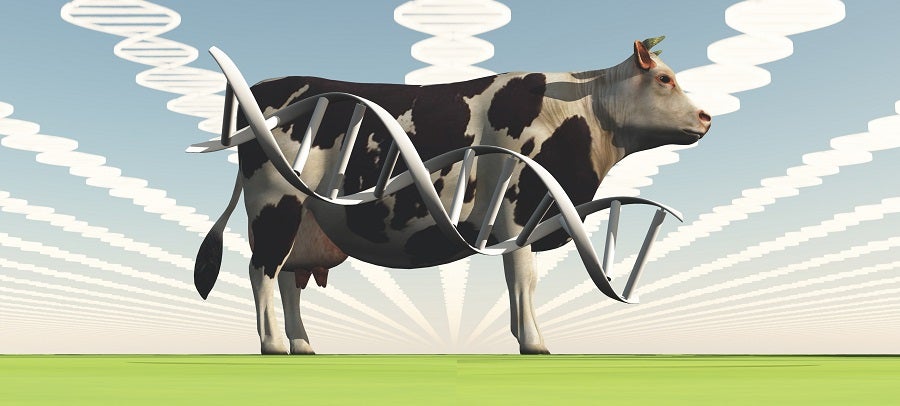A few years ago, in vitro hamburgers sounded like something out of sci-fi, but they have become a reality and may hit supermarket shelves within five years.
Demand for meat has been on the rise for at least 20 years, and population growth and rising incomes are expected to further increase animal protein consumption between now and 2050. These prospects pose environmental and productivity-related challenges to the global meat supply, which Latin American countries play a major role in.
Supply and Demand: The global meat production in numbers
Global meat production began to increase at a rapid pace in the 1990s. It has now stabilized at about 2% per year and has even been showing signs of stagnation over the last three years. Although this growth rate remains slightly lower than that of the global economy in general, per-inhabitant meat production has increased to an average 35.2 kg per year, which is mainly explained by the inclusion of animal protein in the diets of the new middle classes in countries like China and India.
Production is increasingly concentrated in emerging countries, which went from explaining 57% of global output to 63% between 2000 and 2017. Latin American economies, notably Brazil, account for 3.4 percentage points of this increase.
In parallel with these changes to the production dynamic, the global meat trade grew at an average rate of 3.5% between 2011 and 2017, outstripping the average annual growth in trade in general during the same period (2.4%). This trend is closely related to the increase in the export share in production.
The major players in meat exports are South American countries, India, Australia, New Zealand, and Canada, which together account for 72% of supply, while imports are mainly explained by the European Union, the United States, Japan, and, increasingly, China.
An Innovative Alternative: exporting synthetic or cultured meat
Synthetic or cultured meat is a novel alternative to traditional livestock farming. One model, which was developed by MosaMeat, is based on in vitro cultivation of muscular cells that are taken from live cows and then grown in labs to make different meat cuts.
At a seminar organized by the Institute for the Integration of Latin America and the Caribbean (INTAL) and Argentina’s National Institute of Agricultural Technology (INTA) (videos in Spanish), MosaMeat CEO Peter Verstrate said that the company is seeking to “find truly transformational solutions” to the issues of environmental impact, food safety, and animal welfare. The event took place in Buenos Aires on May 5, 2017, and was the first ever to tackle this issue in Argentina. It functioned as a training session for more than 100 government officials and researchers from the sector.
Given that 18% of greenhouse gas emissions come from livestock farming and that producing 100g of beef requires 7 square meters of arable land and 2000 liters of water, there would seem to be solid grounds for concerns about the sustainability of the current model, given the increase in global demand.
Although the cost of synthetic meat remains high, it has come down dramatically, proving that it could soon be competitive: it cost US$350,000 to produce 1kg of cultured meat in 2013, when the first ever synthetic hamburger was cooked, against just US$64 in 2017. This makes it plausible that supermarkets could be selling cultured meat as a premium product within five years.
As well as reaching a competitive price point and mass scalability, the great challenge facing synthetic meat is acceptance among consumers. According to data from INTAL/Latinobarómetro, only 8% of Latin Americans look favorably on cultured meat.
In the future, traditional livestock farming and synthetic meat production are likely to coexist. However, this sort of disruption to the traditional markets of developing countries like those in LAC, where the livestock sector plays a huge part in the export balance, reveals the need to “build a knowledge-based form of agriculture (link in Spanish),” in the words of Bioceres CEO Fernando Trucco, who also spoke at the seminar. The key is how we take on this challenge.


Leave a Reply